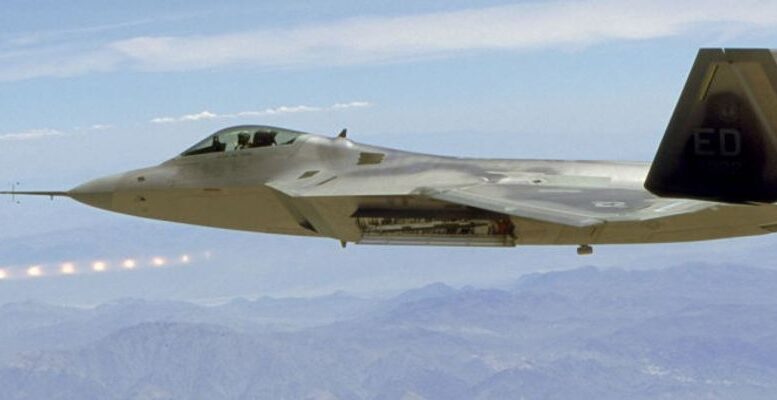How the West’s Military Emissions Undermine Climate Action
By Nadia Ahmad
As world leaders are finalizing another round of climate negotiations, they continue to sidestep the single largest institutional source of greenhouse gas emissions: the U.S. military. While frontline communities face devastation from climate disasters, the Pentagon pumps out more emissions than 140 countries combined.
Despite last year’s commitment to move away from fossil fuels, current negotiations are hindered by disagreements among nations with some oil-producing countries resisting the reaffirmation of this pledge. The failure to uphold the COP28 agreement could undermine the credibility of international climate efforts and impede progress toward global emission reduction targets.
This year, COP29 met in Azerbaijan under the leadership of Mukhtar Babayev, the country’s Minister of Ecology and Natural Resources. Criticisms of Azerbaijan’s ties to the oil industry quickly surfaced with some Western voices highlighting the influence of the fossil fuel sector on the summit. While this concern is valid, these same critics conveniently ignore their own deep complicity in the climate crisis, most glaringly, the United States’ military emissions.
The U.S. Department of Defense remains the world’s largest institutional consumer of oil, yet its emissions are systematically excluded from climate negotiations. The omission is by design. Since the 1997 Kyoto Protocol, military emissions have been given a free pass, thanks to pressure from U.S. negotiators. The numbers are staggering. The U.S. military consumes more than 100 million barrels of oil annually, producing emissions equivalent to the entire nation of Sweden. Its 800 overseas bases require constant fuel resupply, while Navy carriers, Air Force jets, and Army vehicles guzzle fossil fuels at an astounding rate. During the Iraq War alone, the Pentagon’s daily consumption reached 1.2 million barrels—more than 94 percent of countries globally.
Yet, instead of tackling this massive source of emissions, Congress continues to expand the military budget, approving $886 billion for FY2024, while climate funding remains a fraction of that amount. The cruel irony is that the communities most vulnerable to climate impacts, poor, Black, and brown communities both domestically and globally, bear the heaviest burden of both military operations and climate devastation. The Pentagon itself acknowledges climate change multiplier “that will intensify conflicts and migration. Yet, its massive carbon footprint accelerates the very crises it claims to be preparing for. Military climate emissions create a deadly feedback loop that sacrifices the most vulnerable communities for the sake of military dominance.
Some progressive voices are finally breaking through. Representative Barbara Lee introduced legislation in 2001 requiring the Pentagon to track and reduce its emissions. Organizations like Veterans for Peace have demanded that military emissions be included in climate agreements. But far more pressure is needed from civil society and frontline communities who cannot afford to wait decades for gradual carbon reductions while the Pentagon’s emissions continue unabated.
It’s easy for world leaders to point fingers at Azerbaijan for its oil-dependent economy while failing to acknowledge the massive carbon bootprint of their own militaries. True climate leadership requires confronting all major sources of emissions, even those wrapped in national security rhetoric. Excluding military emissions from climate agreements is a moral failure that undermines any serious effort at emissions reduction. The climate crisis demands we finally confront the true cost of endless war and military expansion. Until we do, climate summits will remain elaborate theater while the Pentagon’s carbon bootprint stamps out hope for a livable future. The communities on the frontlines of climate chaos from the Louisiana coast to the Pacific Islands deserve better than empty promises while military emissions remain off the books.
True climate leadership means having the courage to tackle all major emission sources, even those within their own borders. The time has come to end the military’s exemption from climate accountability.
Nadia Ahmad is a law professor at Barry University School of Law.
Source: commondreams.org, Nov 22, 2024

